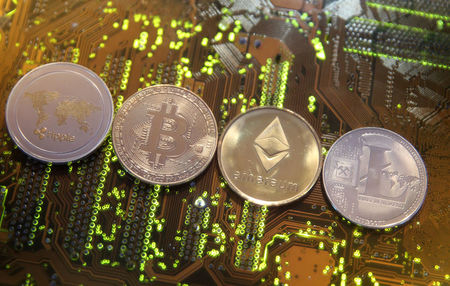Price Controls On Doctors Are Costing Patients Dearly
The post Price Controls On Doctors Are Costing Patients Dearly appeared on BitcoinEthereumNews.com. Market Manipulation getty Just like the December 2024 continuing resolution, the current budget reconciliation bill fails to address the problem of Medicare reimbursing physicians at below market rates. Without a fix, the inevitable consequences will be worsening doctor shortages, declining healthcare quality, higher overall healthcare spending, and the accelerated loss of independent practices. Of course, how do we know that Medicare’s payments to doctors are below their economic value? To start, Medicare’s reimbursement rates have declined relative to both the cost of running a medical practice and inflation. Doctors consistently report that they lose money treating Medicare patients. A survey of doctors found that Medicare’s low reimbursement rates (68%) are a primary threat to independent practices. As for inflation, it has grown 34.5% overall since January 2016 while the prices received by doctors have grown less than half as much – just 15.1%. This is not due to demand for healthcare declining – remember the huge number of aging Baby Boomers seeking health care – or a huge surge in the number of qualified doctors serving patients. In fact, the level of doctors serving patients today – 25.4 active physicians per 10,000 residents – is down from 2019 and has fallen back to 2009 levels. The problem is government setting prices at below market levels. And setting prices below market rates cause adverse consequences to our health, such as fewer doctors available to serve patients. This creates serious health risks for patients including longer wait times for appointments, less access to specialty care, shorter doctor visits, larger numbers of medical errors, and more misdiagnoses or missed diagnoses. These risks are more acute for people living in rural areas, who have a higher chance of living in areas deemed “medical deserts” or regions that lack sufficient access to pharmacies, primary care…

The post Price Controls On Doctors Are Costing Patients Dearly appeared on BitcoinEthereumNews.com.
Market Manipulation getty Just like the December 2024 continuing resolution, the current budget reconciliation bill fails to address the problem of Medicare reimbursing physicians at below market rates. Without a fix, the inevitable consequences will be worsening doctor shortages, declining healthcare quality, higher overall healthcare spending, and the accelerated loss of independent practices. Of course, how do we know that Medicare’s payments to doctors are below their economic value? To start, Medicare’s reimbursement rates have declined relative to both the cost of running a medical practice and inflation. Doctors consistently report that they lose money treating Medicare patients. A survey of doctors found that Medicare’s low reimbursement rates (68%) are a primary threat to independent practices. As for inflation, it has grown 34.5% overall since January 2016 while the prices received by doctors have grown less than half as much – just 15.1%. This is not due to demand for healthcare declining – remember the huge number of aging Baby Boomers seeking health care – or a huge surge in the number of qualified doctors serving patients. In fact, the level of doctors serving patients today – 25.4 active physicians per 10,000 residents – is down from 2019 and has fallen back to 2009 levels. The problem is government setting prices at below market levels. And setting prices below market rates cause adverse consequences to our health, such as fewer doctors available to serve patients. This creates serious health risks for patients including longer wait times for appointments, less access to specialty care, shorter doctor visits, larger numbers of medical errors, and more misdiagnoses or missed diagnoses. These risks are more acute for people living in rural areas, who have a higher chance of living in areas deemed “medical deserts” or regions that lack sufficient access to pharmacies, primary care…
What's Your Reaction?









































